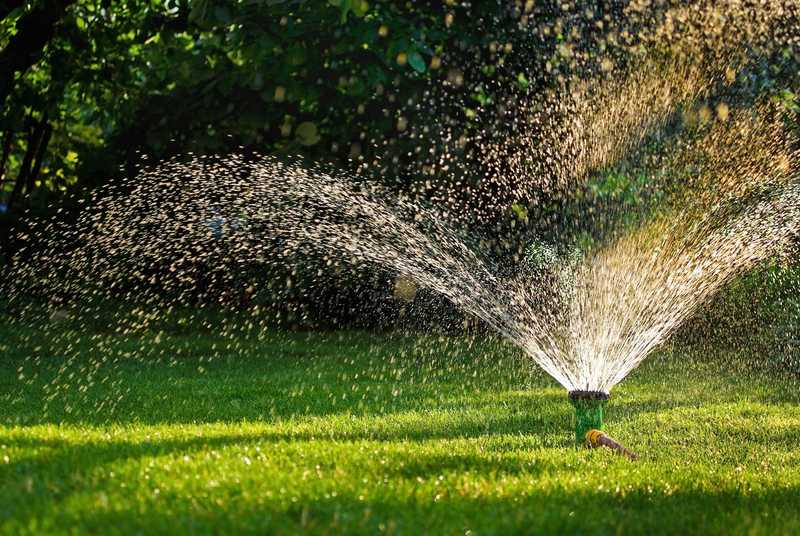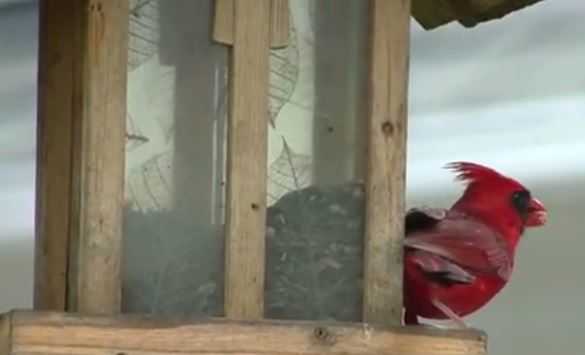Water Act 1974 to prevent and control water pollution
 Water (Prevention & Control of Pollution) Act, 1974 is a comprehensive legislation that regulates agencies responsible for checking on water pollution and ambit of pollution control boards both at the centre and states. The Water (Prevention & Control of Pollution) Act, 1974 was adopted by the Indian parliament with the aim of prevention and control of Water Pollution in India. Some of the important sections regulating the prevention of water pollution as per the act are as discussed below.
Water (Prevention & Control of Pollution) Act, 1974 is a comprehensive legislation that regulates agencies responsible for checking on water pollution and ambit of pollution control boards both at the centre and states. The Water (Prevention & Control of Pollution) Act, 1974 was adopted by the Indian parliament with the aim of prevention and control of Water Pollution in India. Some of the important sections regulating the prevention of water pollution as per the act are as discussed below.
Functions of the State Board
Section 17 of the Water (Prevention & Control of Pollution) Act, 1974 clearly lists all functions of the respective state boards for countering water pollution. The state board of respective states is empowered to plan a comprehensive program for the prevention, control or abatement of pollution of streams and wells, collect and disseminate information relating to water pollution and encourage, conduct and participate in investigations and research relating to problems of water pollution and prevention.
The state water boards also have the right to inspect sewage or trade effluents, works and plants for the treatment of sewage and trade effluents and to review all water purification plants. The Board may establish or recognize a laboratory or laboratories to enable the Board to perform its functions under this section efficiently, including the analysis of samples of water from any stream or well or of samples of any sewage or trade effluents.
Consent of the State Board is necessary to discharge sewage
Section 25 of the Water (Prevention & Control of Pollution) Act, 1974 states that Prior Consent of the State Board under section 25 is necessary to set up any industry, plant or process which is likely to discharge sewage or trade effluent into a stream or well or sewer or on land or bring into use any new or altered outlets for the discharge of sewage or begin to make any new discharge of sewage. The section further states that every State Board is liable to maintain a register containing particulars or conditions imposed under the section related to any outlet, or to any effluent, from any land or premises which must be open to inspection by the state board.
Power to take emergency measures
Section 32 of the Water (Prevention & Control of Pollution) Act, 1974 describes the power to take emergency measures in case of pollution of stream or well. Under the act, State Board may issue orders to re move the matter, which is, or may cause pollution; or remedy or mitigate the pollution, or issue prohibition orders to the concerned persons from discharging any poisonous or noxious or polluting matter.
Section 24 and 43 of the Water (Prevention & Control of Pollution) Act, 1974 relate to prohibition on use of stream or well for disposal of polluting matter and penalty for contravention thereof Under the scope of the provision, no person shall knowingly cause or permit any poisonous, noxious or polluting mater as determined by the State Board to enter into any stream or sewer or on land. Anyone failing to abide by the laws of under is liable for imprisonment under Section 24 & Section 43 ranging from not less than one year and six months to six years along with monetary fines. The section further states that No person shall knowingly cause or permit to enter any other matter which may impede the flow of water of the stream causing pollution of any kind.
Penalties and fines
Section 42 of the of the Water (Prevention & Control of Pollution) Act, 1974 states penalties and fines for certain acts including pulling down pillars, Obstructs any person acting under the orders or direction of the Board, Damages any works or property belonging to the Board and Failure to furnish any officer other employee of the Board any information required. The fine and penalty includes Imprisonment for a term which may extend up to three months or with fine to Rs. 10,000/- or both.
Understanding Water Class
Depending on the pollution of the water, water is demarked under various water classes in accordance with the Water (Prevention & Control of Pollution) Act, 1974. Drinking water at source found without conventional treatment but after disinfection is designated as Class A while water designated for outdoor bathing comes under Class B. Any drinking water source which has been conventionally treated comes under Class C while water used for propagation of wildlife and fisheries is demarked as Class D. Water under Class E is used for irrigation and industrial cooling along with waste disposal.
Some Key Points of Water Act 1974
- Water Act 1974 aims to prevent and control water pollution.
- Under Water Act, 1974, pollution control boards were created, who are responsible for implementation of its provisions.
- One of the important provision of the Water Act, 1974 is to maintain and restore the ‘wholesomeness’ of our aquatic resources.
- Under Water Act 1974, Sewage or pollutants cannot be discharged into water bodies including lakes and it is the duty of the state pollution control board to intervene and stop such activity.
- Anyone failing to abide by the laws of under is liable for imprisonment under Section 24 & Section 43 ranging from not less than one year and six months to six years along with monetary fines.







